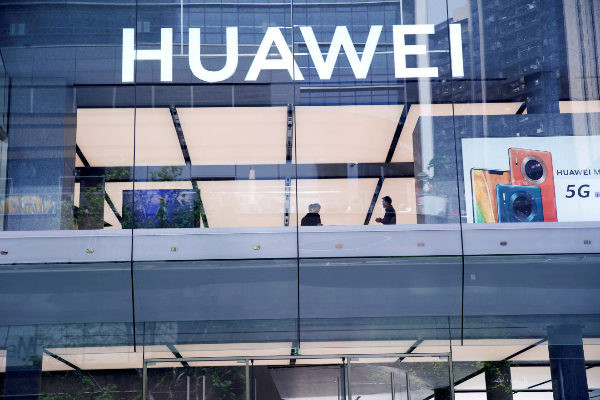The situation since May could be about to change when Chinese tech titan Huawei, together with its affiliates, got put on the US trade blacklist and American companies, Google, in particular, was not able to provide Huawei devices with its own Android version on its new phones.
The ban didn't prove beneficial to anyone so to help US companies, the Trump administration said it will give exemptions to a number of firms so they could work with Huawei again.
However, until now, no company had been granted an exemption yet.
US Commerce Secretary Wilbur Ross said that as the "phase one" of the trade deal signing is approaching next month, the US could begin issuing licenses to enable US companies to sell to Huawei once more.
Ross noted that though the government received 260 license requests, "frankly, more than we would've thought" from companies asking to work with Huawei, not all would be approved.
Notably, the most striking proof of the current situation is the Huawei Mate 30 lineup that shipped out in September without Google apps and services.
Huawei's marketing strategy focused on Mate 30s hardware instead.
But six weeks after its release, Huawei's Mate 30 is still to be sold outside of China.
Analysts think Huawei is waiting to see whether a trade resolution will lift the Google Android ban.
Though Huawei used its own Android-based operating system in Mate 30, many major Google services like Gmail, Google Play, Maps, and YouTube are a staple for consumers in most Western markets.
Likewise, numerous top apps are not available in Huawei's own App Gallery like Dropbox, Netflix, Slack, Spotify, Strava, Tinder and Uber.
Still, over the past week, industry analysts at Canalys attributed patriotism to the sales increase of 66% of Huawei phones.
On the global scene, Huawei kept the second spot in terms of shipments, increasing 29% year-on-year (YoY) thereby narrowing the gap on Samsung, another market leader, while putting Apple in third place.
The official reason for the US for the ban is that Huawei, because of its infrastructure equipment coupled with alleged ties to the Chinese government, presents a major security risk.
In spite of this, Huawei trumps Nokia and Ericcson in the global 5G with contracts getting signed nonstop.
When it comes to the services Google provides Huawei, the security argument leading to the ban does not have much weight.
Though it's still too early to say whether the US will issue licenses to have companies start working with Huawei again, or whether Google will get an exemption, Wilbur Ross said that both Huawei and Google are looking at positive news in the coming weeks.






